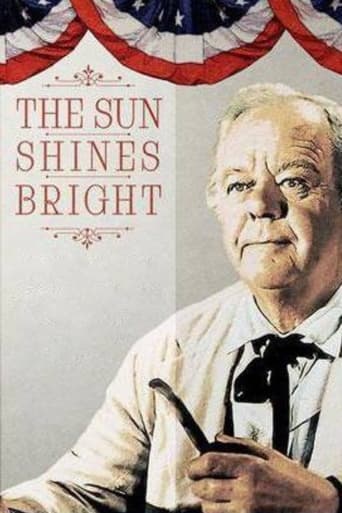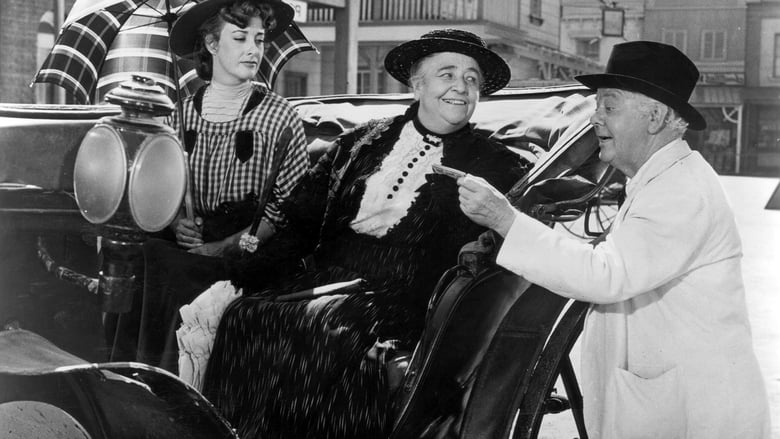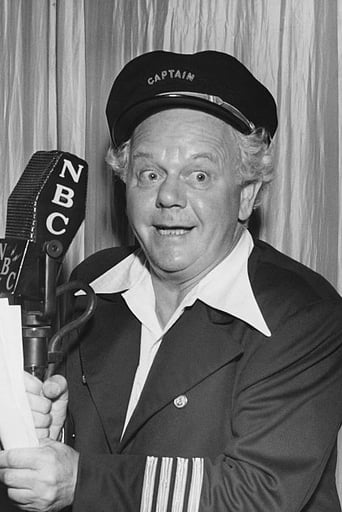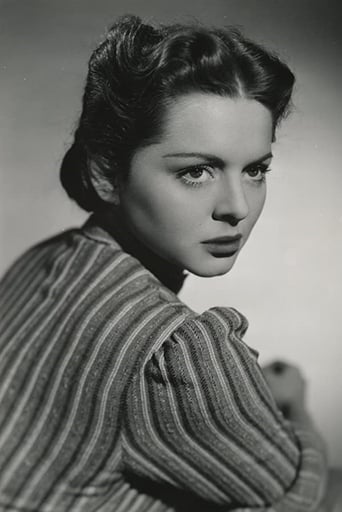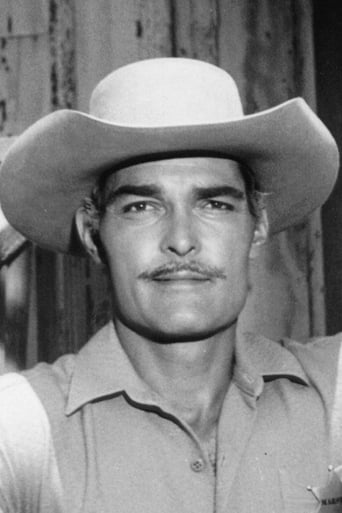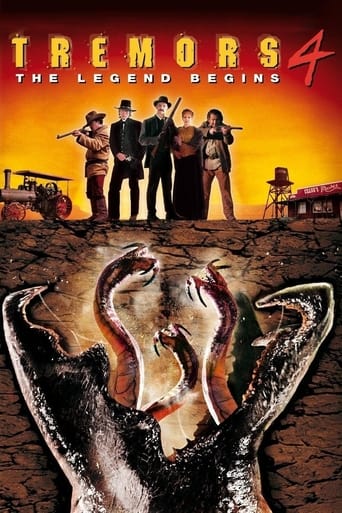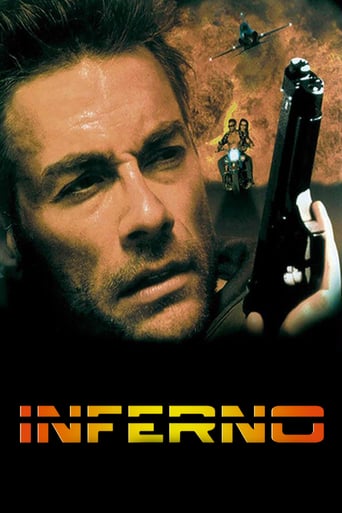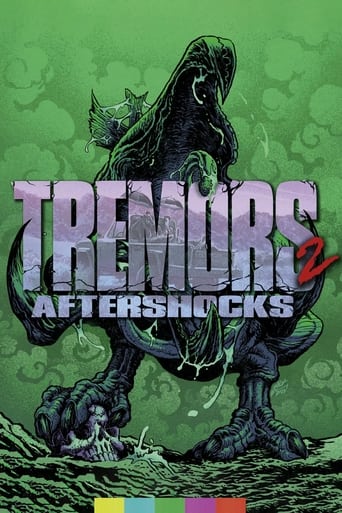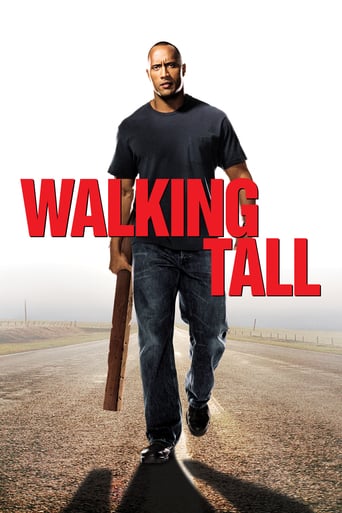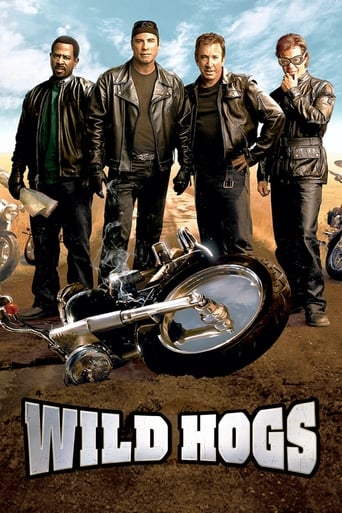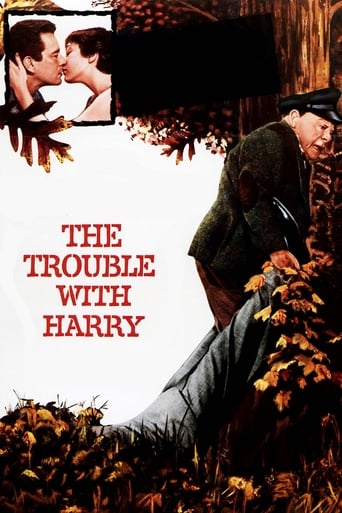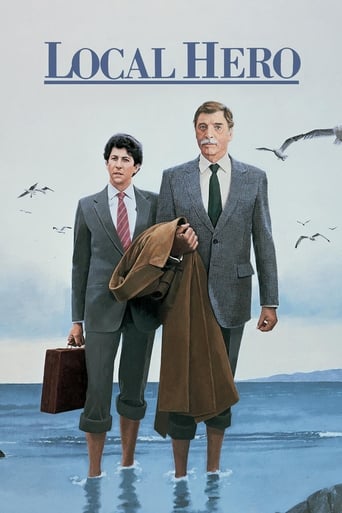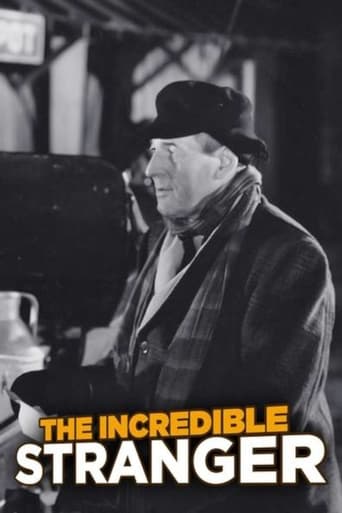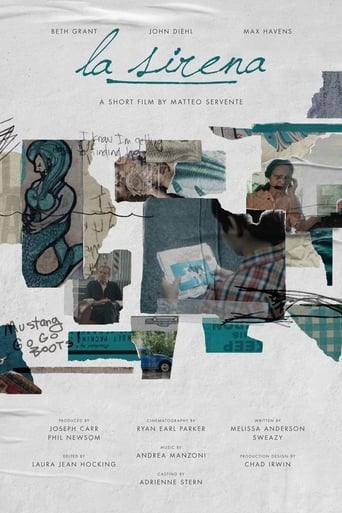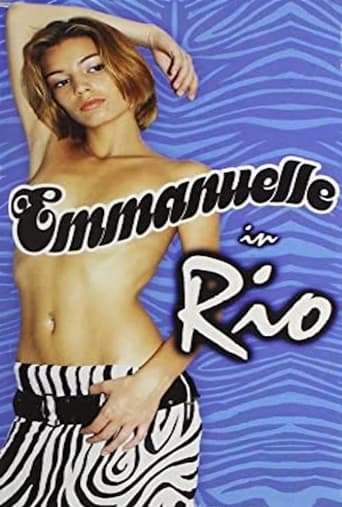The Sun Shines Bright (1953)
With the election approaching, a judge in a Southern town at the turn of the 20th century is involved variously in revealing the real identity of a young woman, reliving his Civil War memories, and preventing the lynching of an African youth.
Watch Trailer
Free Trial Channels
Cast


Similar titles
Reviews
Tied for the best movie I have ever seen
Blending excellent reporting and strong storytelling, this is a disturbing film truly stranger than fiction
As somebody who had not heard any of this before, it became a curious phenomenon to sit and watch a film and slowly have the realities begin to click into place.
Through painfully honest and emotional moments, the movie becomes irresistibly relatable
Who is up to the task of writing about this film? It wears its contradictions on its sleeve.It encompasses more than one can ever hope to clarify. If discussions about it bog down to "It's a racist film" "It's not a racist film" can anyone be blamed?The film is so much more than its racial attitudes, and yet those attitudes form the loci of all points of agreement or disagreement about what this film wants to say, or says, or means.The subject of the film is SOCIETY: the social contract, what holds it together, how an individual situates himself within a societal fabric. How important it is for a society to preserve its unique It-ness in the face of encroaching homogeneity. How all this is a balancing act, a tightrope walk. Is there such a thing as "equality", and how can one determine what that is in the face of so much DIFFERENCE? What does it mean to speak of strata - levels - different kinds of societies existing as part of one society? We encounter so many kinds of difference: Blacks, Whites, former Confederate and former Union soldiers, rich, poor, Men, Women...all living together in some kind of fractious unity.On another level, though, the film can be read as nostalgia for a time when Blacks knew their place, and colluded in a "special relationship" where tolerant, "humanistic" Whites would recognize the vulnerability of the Blacks' social status and take on the role of "protector". Where this would require the Blacks to freely and happily participate in their infantilization, and where they would fulfill the important function of adding depth or "soul" to all rituals and celebrations. All would recognize the unique commingling of joy and sorrow in Black song, and none would try to compete, knowing full well that this was one domain where Blacks were sovereign.We see no Blacks voting. Are they forbidden to vote? The film is very slippery on this point. When US, the Black banjo virtuoso saved from lynching tells Judge Priest he'd do anything for him, Priest replies "I know you would, son, but you're too young to vote!". Does Ford think the Blacks in 1905 Kentucky were too YOUNG to vote? Do women vote in this movie? Do you care?Are we giving the ideas in this movie too much WEIGHT? The movie is meant as ENTERTAINMENT, isn't it? Well, let's look at the long scene of the whore's funeral - entertaining? Not really.What is this long, mostly silent scene? Why is it so privileged formally? What does Ford want the viewer to get? Something about dignity. Something about the need for the individual to take a stand and - through ACTIONS and not through WORDS - compel a community to recognize and confront its deep - seated prejudices. Ford makes the point eloquently.But there is something dangerous in this "cult of personality". Judge Priest wins the election by the barest of margins. He is aging and tired. Probably he'll lose the next election, if he even runs. Actual LAWS - WORDS inscribed in BOOKS - are also fragile, and can be defeated and overthrown. But they can potentially give a little more solidity to Social Change, no?Ford waits a long time before confronting the ambiguity of the kind of personality who operates ethically while maintaining - and not in any real way challenging - the Status Quo. It's not until The Man Who Shot Liberty Valence that individual action (the Wayne character) is contrasted with a belief in the power of LAW (the Stewart character). And where does Ford leave us with this? With a lot of questions...Ford is very sentimental. It's not very hip or cool. Everything is pushed to the point where a prostitute shows up just in time to see her abandoned daughter, right before dying. And all kinds of symbols - paintings, songs, etc. - connect to this event, gesturing towards the past, acquiring tactile significance. The stoic former Confederate leader is compelled to recognize this prostitute as the mother of his heretofore unacknowledged granddaughter. All of this generates the film's emotional high point.Ford is often called the Poet of Lost Causes and maybe we should cut him some slack and accept that this attraction to Lost Causes explains what seems to be a preference for the Confederate characters...or maybe we shouldn't.I love this film. I love its hermeticism. The fact that Ford is so out - of - date that he has Stepin Fetchit babble on in his insanely personal dialect when the entire civilized world was (slowly) headed in another direction. This film might be both Conservative and Radical but one thing it ISN'T is Liberal! No wonder the NYTimes hated it...It is a work of art. No wonder Ford loved it.Andrew Sarris questions whether it deserved the care it was given, and suggests that Ford should have treated it as one of his throwaways. Nonsense! Real artists are quixotic, never knowing which project "should" be the more loved one. That's why we need critics. But what am I saying? Ford was right about this one.
John Ford had a fondness for The Sun Shines Bright. It's a beautiful tale of an honorable old man who even while facing a tough re-election for town judge refuses to be a hypocrite or play up to a lot of his town's hypocrites.The film was done before as Judge Priest with Will Rogers in the title role. As good as The Sun Shines Bright is, it would have been even better had John Ford not chosen to use Stepin Fetchit in the same part he had in the original film. Stepin Fetchit is, well Stepin Fetchit. Funny thing is that a whole lot of black players are used in this film and their roles are not as stereotypical as his is.Charles Winninger is every bit as good as Will Rogers in the lead. If you can imagine Captain Andy from Show Boat had he taken up the law instead of show business, you get some idea of what Judge William Pittman Priest is all about. Justice is blind in his courtroom, but it isn't deaf and dumb also. In Winninger's life as well as his courtroom.He's up for re-election in his small Kentucky county and he's got a hard fighting opponent in prosecutor Milburn Stone. Priest is a proud Confederate veteran, but he's not above saving an innocent black kid from a lynch mob.Nor is he above a little Christian charity when it comes to seeing a fallen woman who just came to town to see her daughter before she died given a proper funeral service. When no accredited minister will do the service, Winninger fills in at the pulpit and has some choice words taken from the parable about the woman caught in sin.My favorite scene in The Sun Shines Bright is the funeral procession for the same woman. Winninger is the head of the local United Confederate Veterans and Henry O'Neill is the head of the local Grand Army of the Republic chapter. They are friends and friendly rivals. Yet on that day Republican O'Neill and Democrat Winninger both lead the funeral procession. Too bad our Republicans and Democrats of today can't agree on some common values.How does this impact on Winninger's election? You'll have to watch the beautiful and poetic The Sun Shines Bright to find out.
I will make an introductory, Autobiographical comment.I am , by training, a Political Theorist and a student of American Institutions.A long time ago, I saw a list of the ten greatest films ever made. The only one I had never heared of was The Sun Shines Bright...Only later did I discover that Ford listed it, with Wagonmaster, as one of his two favorite films. I wrote an essay on Fords "democratic poetics" for a course on Tocqueville(!)In the essay, I analyzed Wagonmaster and the Sun Shines Bright. Wagonmaster(implicitly) and The Sunshines Bright(explicitly)are films about politics, and about democracy. Wagonmaster is ,in fact a pilgrimage narrative, while The Sunshines Bright takes place in a "polis", the tiny Kentucky town of Fairfield,during an election.The whole story is, in fact, a meditation on democracy, leadership, compassion and tradition.Charles Winninger is superb. The Prostitutes funeral,with its closing scene in the church,where Priest quotes the Bible, is simply grand.The parade at the end is very touching, and the final shot of the lonely, but beloved Priest walking alone into his house, is almost equal to the end of The Searchers....Ford was indeed the grand lion of the cinema.
This film although rarely shown, has one beautiful vignette after another. Although a remake of Fords JUDGE PRIEST,we see a small town,where everybody is brought together by Charlie Winninger who portrays Judge Priest. The scene where he campaigns for the decent burial for the Prostitute who has come home to die, just might be one of the finest sequences ever put on film. A film only Ford could pull off, and does!! Don,t miss this one.

